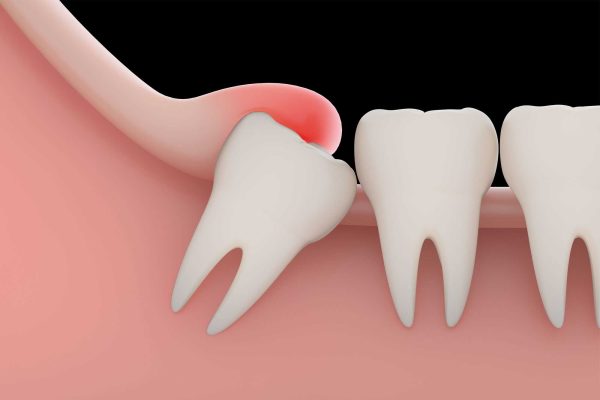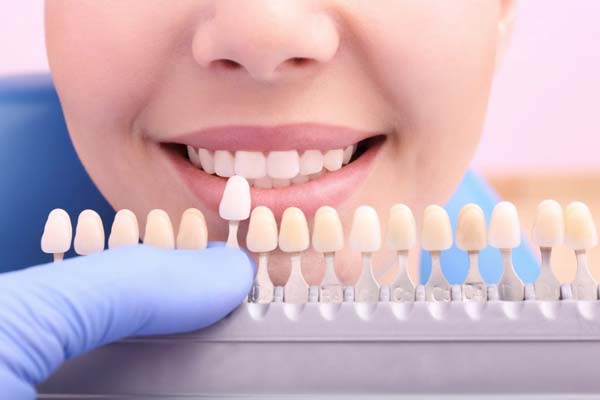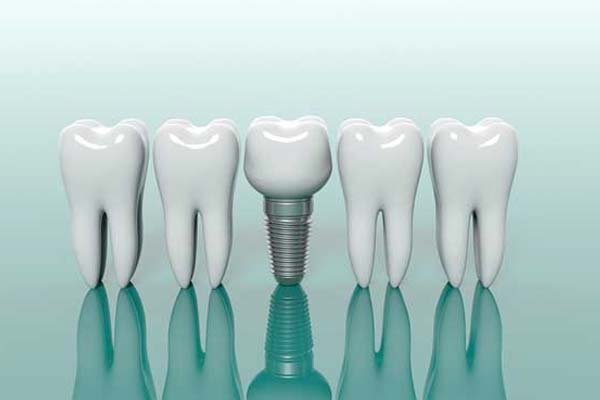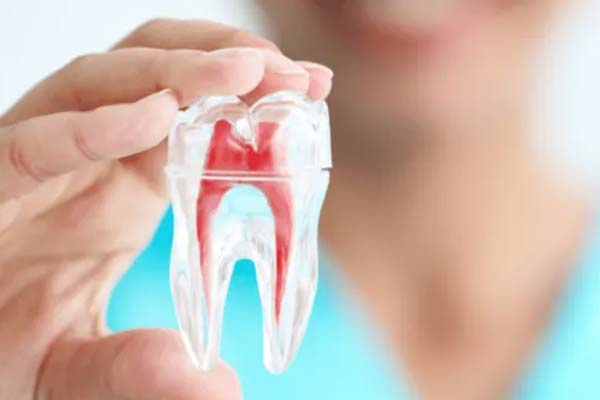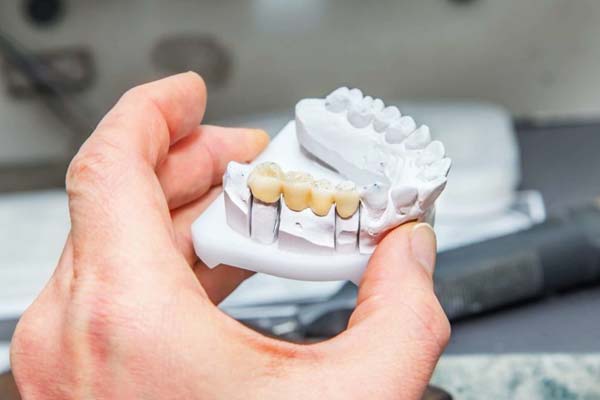In today’s fast-paced world, looks matter more than ever, and skin problems like acne and pigmentation can have a huge impact on your confidence and self-esteem. Dermatologists play a crucial role in helping individuals combat these issues and achieve clear, radiant skin.
Understanding Acne and Pigmentation
What Is Acne?
Acne is a common skin condition characterized by the formation of pimples, blackheads, and whiteheads. It occurs when hair follicles become clogged with oil and dead skin cells, leading to inflammation.
What Causes Pigmentation?
Skin pigmentation refers to the uneven distribution of melanin, resulting in dark spots or patches. It can be caused by various factors, including sun exposure, hormonal changes, and inflammation.
Dermatologist’s Role in Treating Acne
Professional Assessment
Dermatologists begin by assessing the patient’s skin type, the severity of acne, and potential triggers. This evaluation helps tailor a personalized treatment plan.
Prescription Medications
Prescription medications, such as topical antibiotics, retinoids, and oral antibiotics, may be prescribed to reduce inflammation and control bacteria.
Chemical Peels
Chemical peels can exfoliate the skin, remove dead cells, and improve acne scars’ appearance. Dermatologists choose the appropriate peel based on the patient’s skin type and concerns.
Laser and Light Therapy
Advanced treatments like laser and light therapy target acne-causing bacteria and reduce inflammation. These therapies are effective for severe cases.
Dermatologist’s Role in Treating Pigmentation
Skin Assessment
Dermatologists carefully assess the type and cause of pigmentation to determine the most suitable treatment.
Topical Lightening Agents
Prescription creams containing ingredients like hydroquinone can help lighten dark spots and even out skin tone over time.
Chemical Peels for Pigmentation
Chemical peels can also be used to treat pigmentation by removing the top layer of skin, revealing a more even complexion.
Microdermabrasion
Microdermabrasion involves exfoliating the skin’s surface to diminish pigmentation and improve skin texture.
Combining Treatments for Optimal Results
Combining Acne and Pigmentation Treatments
Dermatologists often create a holistic treatment plan that addresses both acne and pigmentation simultaneously for comprehensive results.
Ongoing Care
After the initial treatments, patients are advised on skincare routines and products to maintain clear, pigmentation-free skin.
Conclusion
Dermatologists are the go-to experts for individuals seeking effective solutions for acne reduction and depigmentation. Their knowledge and access to advanced treatments can make a significant difference in achieving clear, radiant skin.
FAQs
Q1: How long does it take to see results from acne treatments by a dermatologist?
The timeline for results varies depending on the severity of acne and the chosen treatment, but improvements can typically be observed within a few weeks to months.
Q2: Are dermatologist-prescribed medications safe for long-term use?
Dermatologists carefully consider the safety of medications and prescribe them based on individual needs. Some medications may be safe for long-term use under medical supervision.
Q3: Can pigmentation return after treatment?
Pigmentation can return if the underlying causes, such as sun exposure or hormonal changes, are not addressed. Dermatologists often recommend ongoing maintenance to prevent recurrence.
Q4: Are chemical peels painful?
Most patients experience mild discomfort during a chemical peel, but it is generally tolerable. Dermatologists can adjust the peel’s intensity to minimize discomfort.
Q5: How can I find a qualified dermatologist for my skin concerns?
You can find a qualified dermatologist by asking for referrals from your primary care physician, friends, or family. Additionally, online directories and reviews can help you make an informed choice.



